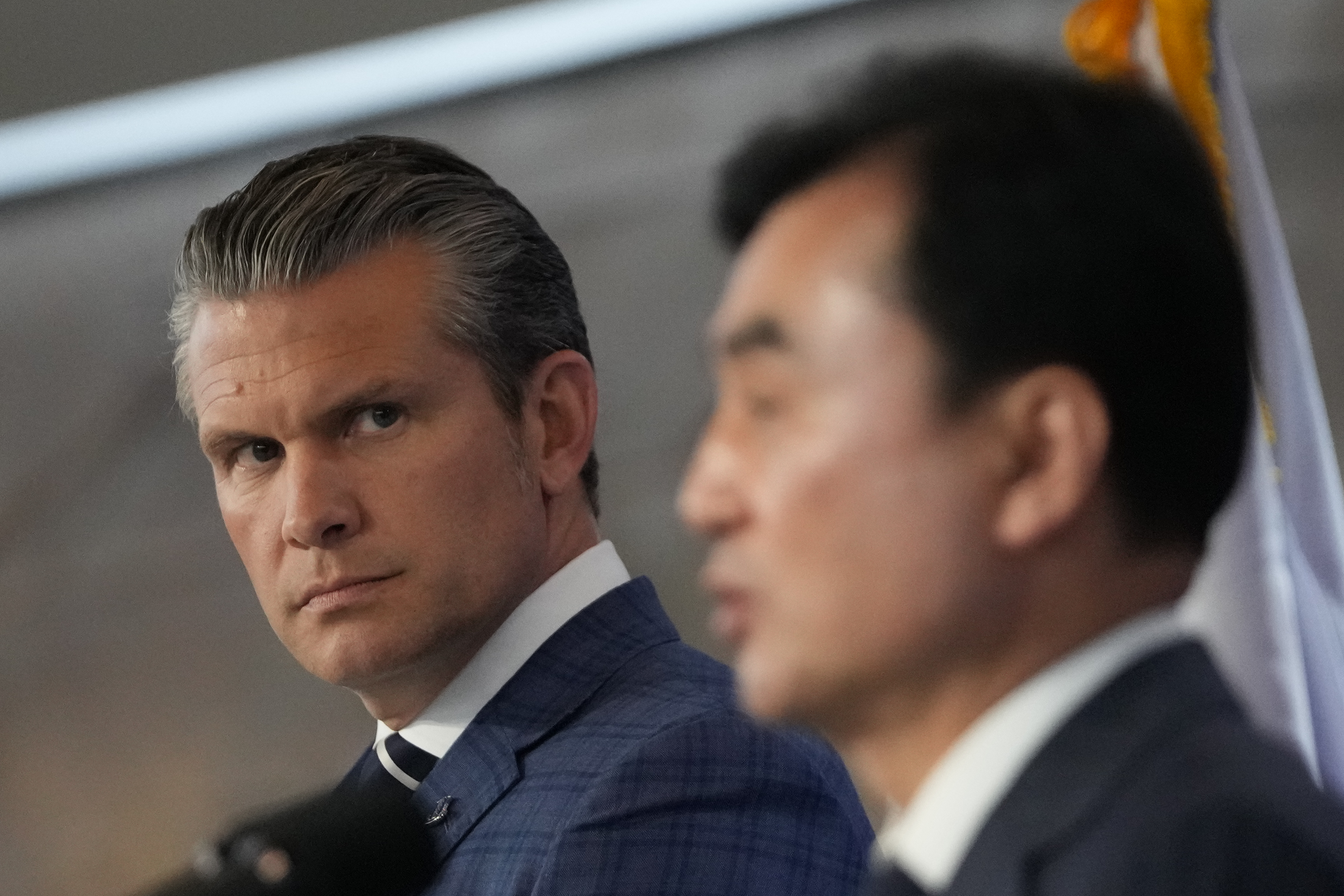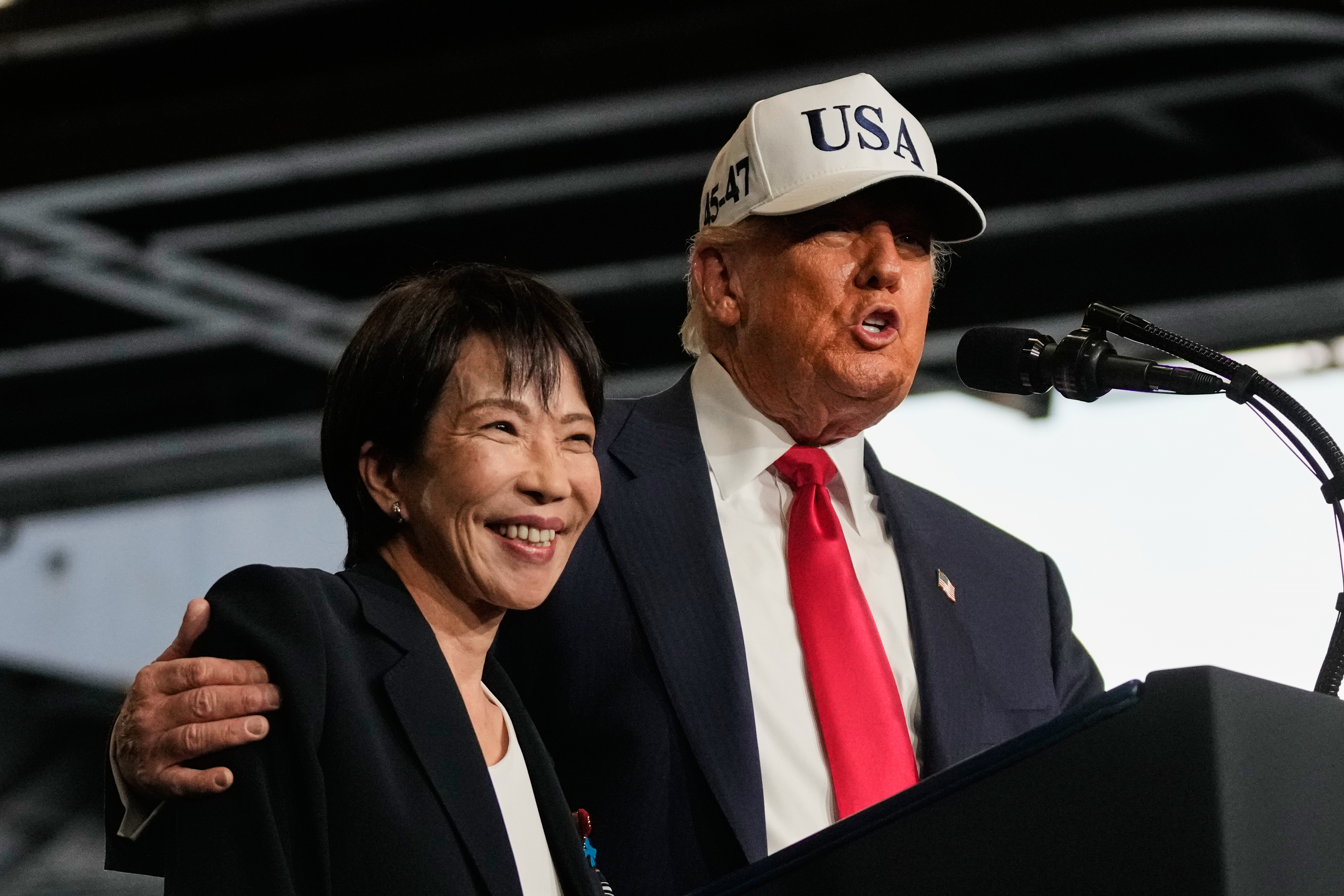MEMPHIS, Tenn. — In a move designed to tackle racial disparities in the legal system, Shelby County District Attorney Steve Mulroy is rolling out a new diversion program for defendants charged with unlawful possession of a weapon.
Gun violence is a major problem for the city, but there is a new debate over whether the diversion program at the district attorney’s office will give some felons a pass.
Mulroy says he believes the most effective way to enhance public safety is by focusing on the violent people that need to be put away, and then working to rehabilitate them to reduce the risk of them reentering the system.
“I think the policy is going to help the community and not harm the community,” said Mulroy.
The D.A. says his diversion program is only for defendants who do not have violent criminal records, and their charges involving gun possession are non-violent.
“Most people understand treating violent offenders from non-violent offenders is something we need to be doing at a time when we need to be focusing on violent crime,” said Mulroy.
According to Data from the Vera Institute of Justice, between 2017 and 2023, Black Memphians were almost 12 times more likely than white citizens to be charged with unlawfully carrying or possessing a weapon.
“That particular offense has off-the-charts racial disparity. It has been in Shelby County for years and I think it’s foolish for any law enforcement official to just ignore that,” Mulroy said.
But, the program is being met with opposition. In a text sent to WREG, Senator Brent Taylor of Memphis calls the plan a “misguided attempt to appease Restorative Justice Schemers.”
“In a city plagued by gun violence, the thought that our D.A. will not aggressively prosecute felons in possession of a firearm is not only nonsensical, but it is dangerous,” said Taylor.
📡 See more breaking news, local news and weather from WREG.com for Memphis and the Mid-South.
📧 Sign up for WREG newsletters and have the latest top stories sent right to your inbox.
Mulroy disagrees.
“If you can tease out those folks who are not violent and who are not a risk to public safety and focus on rehabilitative interventions for them so they are less likely to reoffend … you can bring down the recidivism rate that actually enhances public safety,” said Mulroy.
The debate continues over what should be done to make Memphis safer.
D.A. Mulroy says programs tried in the past decade only saw violent crime steadily rising, but he says we are now focused on what needs to be done to address the problem.


















